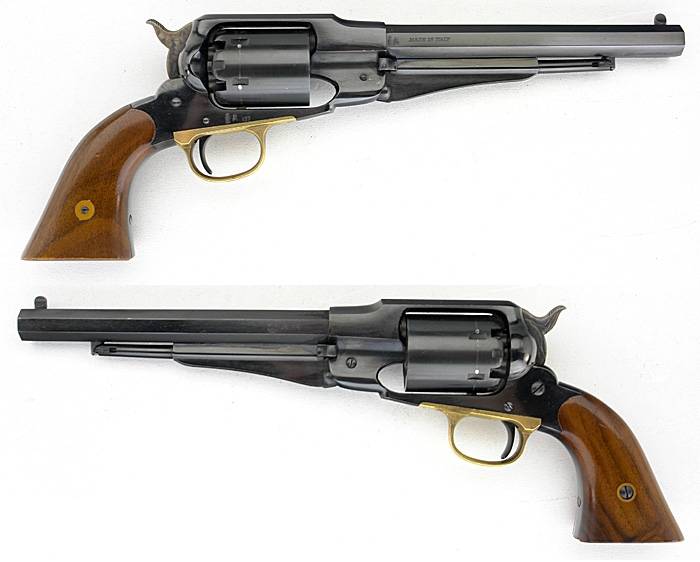jon_berzerk
Platinum Member
- Mar 5, 2013
- 31,401
- 7,368
- 1,130
Face itMost of the early westerns (50s, 60s and 70s) were Hollywood's version of the dime novel. Since I'm a historian and a living historian to boot the biggest issue for me is historical accuracy. Granted though I definitely like many historically incorrect movies I still look for details and most movies supposedly based on historical events fall short in many areas. Since it's Hollywood I expect it so I'm not disappointed when they "Hollywood" a story so look at it for the entertainment value, conversely I'm pleasantly surprised when they get it mostly correct.I think I watched about ten minutes of that movie and bits and pieces when someone else was watching it and I walked through the living room like last week when my wife of all people was kinda sorta watching it. For her I think it was more background noise as she played on her laptop, I was in my office watching something else on my computer.Don't get me wrong, I like many of the old westerns, Jimmy Stewart was always one of my favorites though there was little to nothing historically correct about any of his westerns. Same with John Wayne though a few of his were fairly historically correct primarily in terms of clothing, weapons, etc.
one of my all time favorite lines is from
the good the bad and the ugly
eastwood says "you see in this world there are 2 kinds of people my friend those with loaded guns and those who dig - you dig"
--LOL
whenever the family is together and it gets to some tv time
we all pretty much settle for an old western
i like some of the new ones also
the 3:10 to Yuma is really good
the salvation is another one
Nowadays I find it amusing to see a western that is supposedly late 1860s, early 1870s and everyone is running around in jeans, modern cowboy boots, modern cowboy hats, 1894 Winchesters and M1873s revolvers (Peacemakers), modern (1930s style) holsters, etc.
Even those movies that are set in the 1880s everyone has Winchesters and Peacemakers......... not.....
Most of the "real west" was kind of boring
Hard work, isolation, disease, early death
and stinky too



